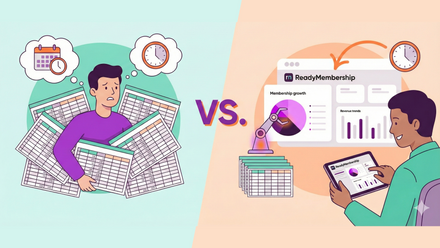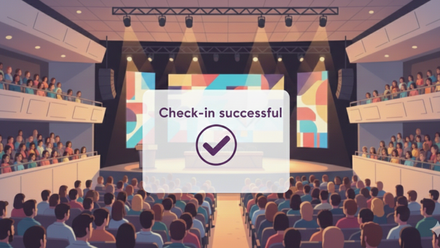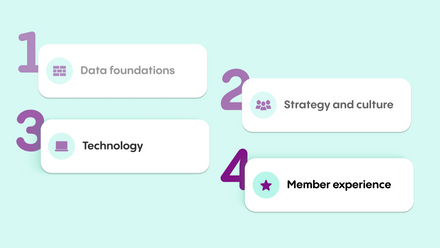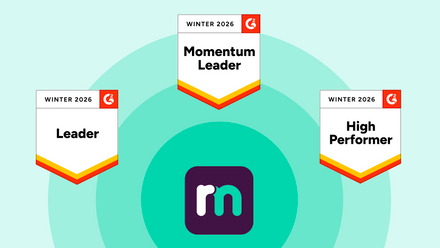In a world where information is abundant but attention is scarce, your membership organisation’s greatest asset isn’t just knowledge—it’s how effectively you use it. Imagine leveraging decades of expertise to deliver instant, trusted answers, streamline operations, and make smarter decisions.
AI offers the tools to unlock this potential, transforming your knowledge into a powerful resource for members and your organisation alike. But where do you start, and how can you ensure AI delivers long-term value? Let’s explore.
Why your knowledge is your superpower
Membership organisations often hold a treasure trove of knowledge, expert insights and proprietary data, meticulously built over decades. There is usually such a large quantity of information in varying formats that finding the right answer can be like searching for the proverbial needle in the haystack.
Years of knowledge are often wasted and underutilised - accessible only by the experts who know where to find the right information. We’re so used to our search experience being dominated by Google. Questions are answered instantaneously with the most relevant answers and sources prioritised. For membership organisations to thrive in the AI age they will need to provide the same level of experience - with expert, trusted answers immediately available at the click of a button.
How local AI models can help
AI models that work with your knowledge use a process called Retrieval Augmented Generation (RAG). It works by feeding the model your knowledge sources—documents, transcripts, videos—and grounding them with parameters and the user’s question.
The AI references your knowledge sources, extracts answers, and points directly to the specific passages or moments in a document or video where the information is found. This principle underpins how many large language models and platforms work - including Microsoft CoPilot.
The safest (and most cost-efficient) way to start using AI at an organisational level is to develop internally facing tools. These could operate with local open-source models or adopt external models but with safeguards around PII and data residency. A union, for example, could use an AI model to review which cases need prioritising for review.
Start with your data
AI’s effectiveness depends on the quality of the data it uses. As the saying goes: “rubbish in, rubbish out.” Auditing and preparing your knowledge base is essential to success. Here are some important first steps you should take:
- Audit Your Data: Ensure it is clean, consistent, and up to date. Variations in terminology or formatting can confuse AI models.
- Centralise Resources: Consolidate knowledge into a single repository to improve accessibility and performance.
- Learn from Peers: Organisations like WorldCC have successfully implemented AI tools like their assistant, Ask Tim, by prioritising data integrity and consistency.
Do you have a clear problem to solve?
It may seem obvious but it’s important not to do AI for AI’s sake. Identify the core problem that you need to solve. Is your team’s time being taken up by finding information for members? Are your members struggling to find answers in your documentation or policies or do you want to analyse your membership surveys so you can develop more effective engagement strategies?
AI can unlock your knowledge for multiple purposes but you need a clear focused purpose first. At ReadyMembership we’re accelerating the development of AI in our platform to deliver fast, reliable and meaningful responses. An agile approach is vital as the abilities of AI change on what seems like a daily basis.
See how you can prepare your organisation by downloading our free guide - Navigating AI: A practical guide for membership organisations to unlock value and drive innovation.






